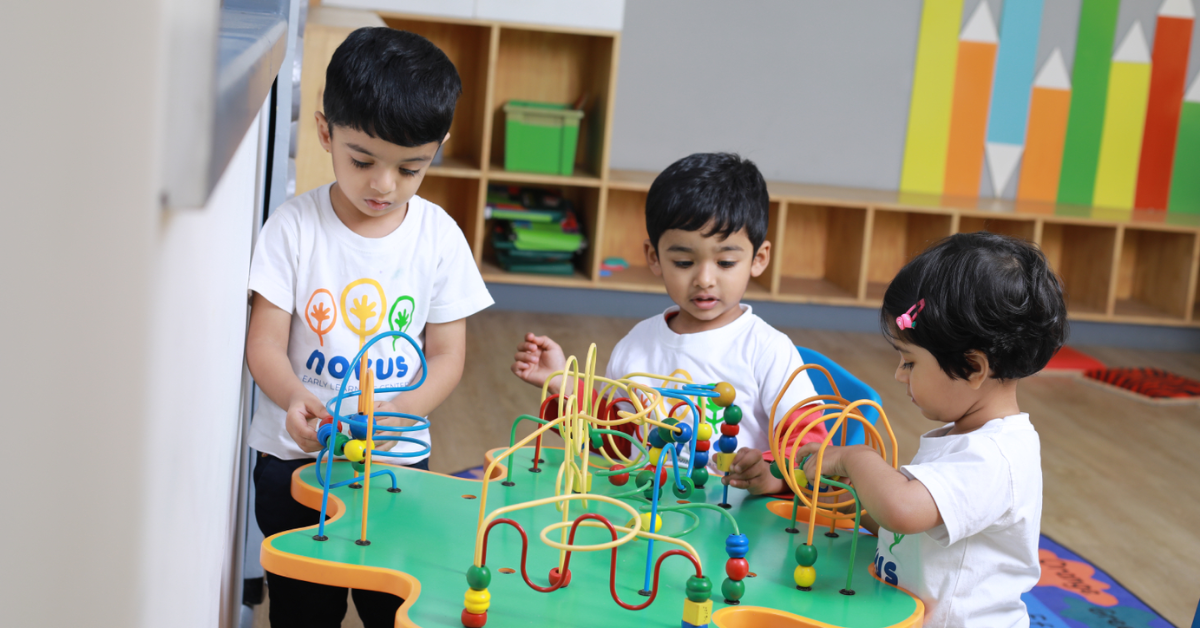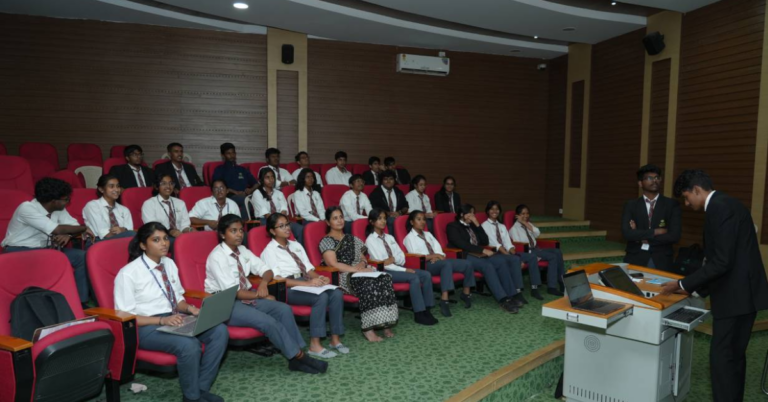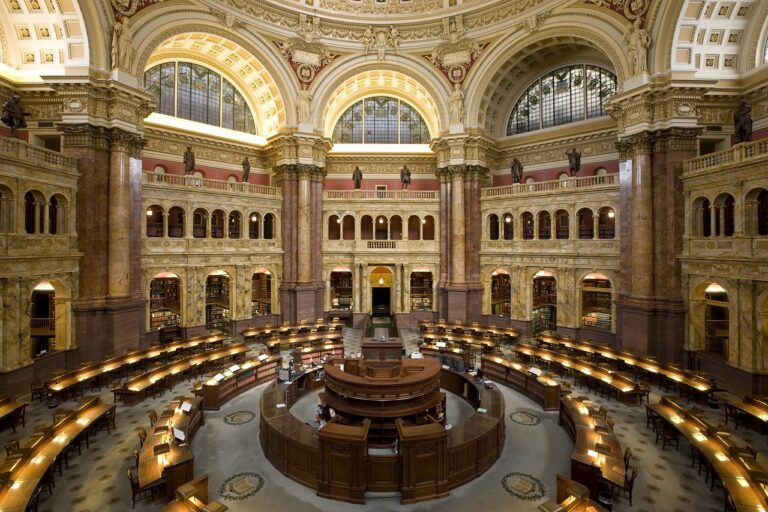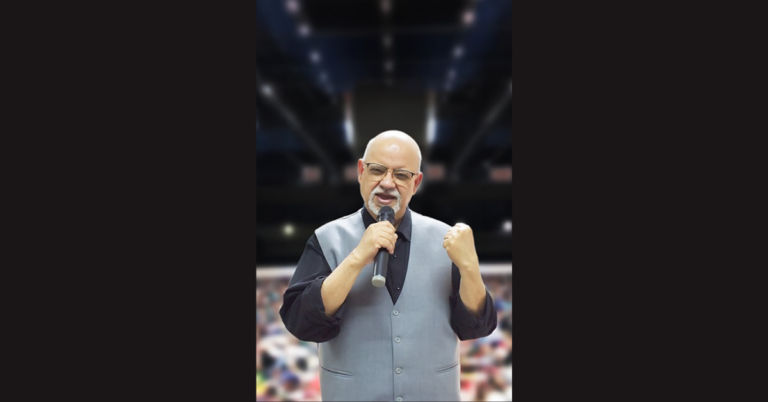Finding the Right Play School Near Me: What Every Parent Should Know
When you search for a Play School Near Me, you’re doing more than just locating a preschool in your neighborhood—you’re choosing a place where your child’s early curiosities, friendships, and foundational learning will flourish. The early years are critical, and the right environment can make all the difference. Centers like Novus Early Learning Centre, for example, make it their mission to not only provide care but to foster a love for learning, creativity, confidence, and social skills in those tender toddling years. Choosing a play school that balances safety, warmth, structure, and freedom to explore is essential for your child’s well-being and growth.
Why the First Years Matter
Morning, afternoon, even full-day preschool—what matters most is how those hours are spent. Children aged 2–6 are absorbing language, understanding emotions, learning to interact, and developing motor skills. A play school does more than babysit. It lays the foundation in these areas:
-
Cognitive growth through curiosity-driven exploration rather than rote teaching.
-
Social and emotional learning—sharing, turn taking, understanding feelings.
-
Physical and motor skill development via play, movement, outdoor time.
-
Language development, both oral and, if possible, early literacy.
-
Creative thinking and problem solving, through hands-on, imaginative activities.
The best play schools integrate these with care and awareness of each child’s pace, temperament, and individuality.
Key Features to Look for When Searching “Play School Near Me”
When browsing options in your area, keep in mind these criteria that distinguish an excellent play school from a just “okay” one.
1. Child-Centred, Play-Based Curriculum
A curriculum overly heavy on memorization and uniformity is rarely supportive at this age. Instead, look for a program that:
-
Encourages play as the medium for learning.
-
Uses interactive stations and thematic or nature-based play.
-
Follows recognized early childhood education frameworks (for example, showing good exposure to global but age-appropriate learning philosophies).
-
Has structured flexibility: some routine but space for exploration.
2. Qualified, Caring Teachers
Young children need guides who are not only trained but empathetic, observant, and responsive. Key qualities include:
-
Background in early childhood education, child psychology.
-
Ability to handle small groups, give personalized attention.
-
Warmth and patience.
-
Continuous training and improvement in pedagogy.
3. Safe, Nurturing Environment
Safety and trust are foundational. Parents should look for:
-
Clean, hygienic classrooms and washrooms.
-
Child-proofed spaces; safe play equipment.
-
Secure premises and attentive supervision.
-
Policies in place for emergencies.
4. Effective Parent-School Communication
Good play schools see parents as partners. Important aspects:
-
Regular updates on child’s progress.
-
Spaces for parent feedback, involvement in school activities.
-
Workshops or newsletters to help parents reinforce learning at home.
5. Balance of Play, Socialisation, and Preparing for Next Steps
You want an environment where social skills are built through play—sharing, cooperation, solving small conflicts. But also, as children approach school age, some exposure to pre-literacy, pre-numeracy, structured group listening, etc., so the transition to formal schooling is smoother.
What Sets Novus-style Play Schools Apart
Using Novus Early Learning Centre as a model, here are features that often stand out in high-quality play schools “near me”:
-
Emphasis on experiential learning: learning by doing and exploring rather than just listening.
-
A well-structured age-wise division: Parent-Toddler, Senior Toddler, Pre-Primary, etc., so activities and expectations are age-appropriate.
-
Balanced schedules: times for rest, play, learning, social interaction.
-
Enrichment beyond academics: art, music, movement, outdoor play, nature walks. This allows holistic development.
-
Healthy meals, hygiene routines, self-care practices integrated into daily life.
-
Bilingual exposure or strong language development, storytelling, phonics, etc.
How to Narrow Down Your Options
You may see many play schools when you search “play school near me”—how do you pick the right one?
-
Visit in person: Tour the classrooms, observe interactions between teachers and children.
-
Observe a session (if possible): See if children are engaged, enjoying themselves, not restless or withdrawn.
-
Talk to other parents: Their firsthand experiences matter.
-
Ask about teacher turnover: Consistency helps children feel secure.
-
Check infrastructure: Safe flooring, indoor-outdoor play areas, ventilation, play materials.
-
Look for flexibility in schedules: Some parents need drop-off, pick-up flexibility, modules, etc.
-
Assess cost vs. value: Sometimes a slightly higher fee is justified by better teacher training, smaller classes, better materials.
Common Challenges and How Good Play Schools Address Them
Even good play schools face challenges. What separates the best is how they manage these challenges.
-
Overcrowding: Too many children per teacher dilutes attention. The best schools keep class sizes small.
-
Overemphasis on academics too early: Rushing children into writing or formal lessons can stifle curiosity. Balanced programs delay formal academics until readiness.
-
Neglecting emotional & social growth: Without building empathy, resilience, cooperation, children may be academically ahead but socially struggling.
-
Safety or hygiene lapses: Essential to maintain strict protocols, especially in shared spaces.
-
Teacher burnout or untrained staff: Regular training, supportive culture, adequate resources help.
Good schools anticipate these, plan for them, and communicate transparently with parents.
The Role of Play in Learning
Play is often dismissed as “just fun,” but it’s integral to how children learn:
-
Through imaginary play, children test ideas, understand roles, practice language.
-
Physical play builds gross motor skills; puzzles, block play build fine motor.
-
Social play teaches negotiation, cooperation, conflict resolution.
-
Creative play (arts, music) nurtures expression and confidence.
A school that weaves play into its daily schedule—rather than seeing it as optional—supports all areas of development.
Transitioning Into Formal Schooling
When children move from a play-based environment to more structured schooling, it can be a big change. A good play school helps ease that transition by:
-
Introducing circle-time or group learning formats.
-
Beginning exposure to letter sounds, early reading, numbers.
-
Teaching self-help skills (managing belongings, following simple routines).
-
Encouraging listening, following directions, cooperating in groups.
When these are gradually built, children feel more confident entering kindergarten or first grade.
Practical Tips for Parents Searching “Play School Near Me”
-
Make a short list of 3-5 schools in your area.
-
Prepare questions beforehand: teacher qualifications, safety policies, curriculum philosophy, assessment methods.
-
Ask for daily schedule/sample activities.
-
Check fee structure, additional costs (snacks, field trips, events).
-
Consider logistics: is the school close enough for easy commuting? Are timings suitable for your work schedule?
Conclusion
Finding a quality play school near me isn’t just about proximity—it’s about finding a nurturing, safe, inspiring place where your child can grow in body, mind, and spirit. The best schools honour each child’s uniqueness, support emotional, social, physical and cognitive development through play, and partner with parents to make early learning a joyful, meaningful experience. Whether you visit one school or many, trust your instincts: observe how children behave, how teachers engage, and whether the place feels like somewhere your child will be happy.
With thoughtful selection, you’ll find a play school that helps your child begin the wonderful journey of learning, creativity, and confidence. Let me know if you’d like a version focused on your area specifically, or comparisons between a few play schools near you.







